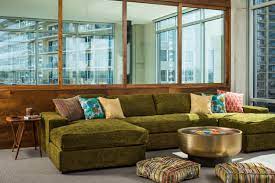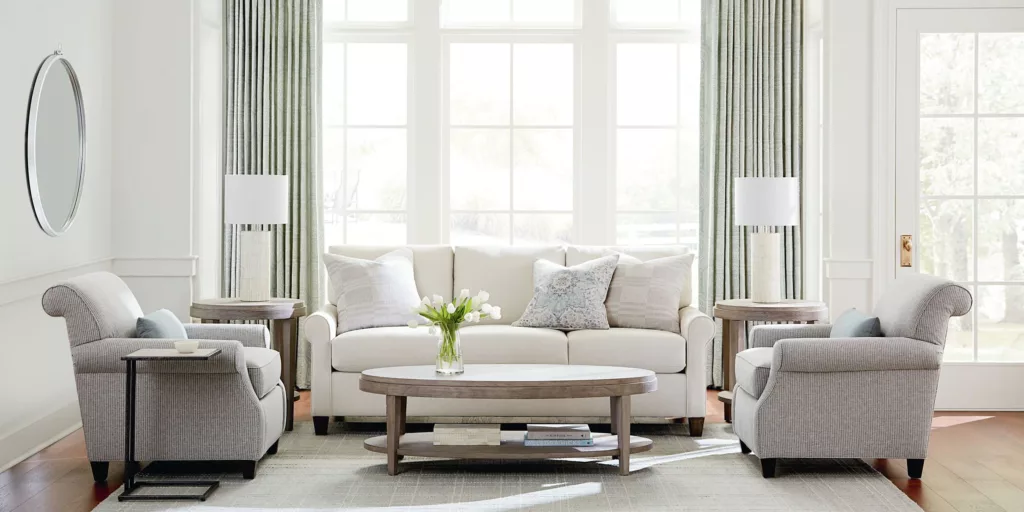In the fast-paced world of interior design, trends come and go, but one enduring style that continues to captivate homeowners and designers alike is minimalism. Characterized by clean lines, functional simplicity, and a focus on essential elements, minimalist furniture has stood the test of time. In this exploration, we delve into the contemporary landscape of minimalist furniture to discover what designs are still in vogue and why they continue to shape modern living spaces.
The Essence of Minimalism
Minimalism is not merely a design style; it is a philosophy that advocates for a clutter-free, purposeful existence. This ethos extends seamlessly into the realm of furniture, where form and function harmonize to create pieces that are both aesthetically pleasing and practical.
- Timeless Elegance of Scandinavian Design
One of the cornerstones of minimalist furniture is Scandinavian design. Originating in the mid-20th century, this style emphasizes simplicity, functionality, and a connection to nature. Scandinavian pieces often feature light wood tones, clean lines, and a focus on craftsmanship. Iconic designs such as the Eames Lounge Chair and Wegner’s Wishbone Chair continue to be staples in contemporary interiors, proving that the allure of Scandinavian minimalism remains unwavering.
- Bauhaus Legacy: Form Follows Function
The Bauhaus movement, born in Germany in the early 20th century, championed the idea that form should follow function. This principle laid the foundation for minimalist furniture characterized by geometric shapes, industrial materials, and a commitment to practicality. Bauhaus-inspired pieces like the Wassily Chair and Marcel Breuer’s Cesca Chair continue to be revered for their timeless appeal, effortlessly blending into modern interiors.
- Japanese Zen Aesthetics
Minimalism finds another cultural expression in Japanese design, where the concept of Ma (the mindful use of space) reigns supreme. Japanese minimalist furniture often incorporates natural materials like wood and stone, promoting a sense of tranquility and balance. The Tatami mat, Shoji screen, and the Zen Platform Bed exemplify the enduring elegance of Japanese minimalism, offering a serene escape from the chaos of contemporary life.

Contemporary Minimalist Trends
While the classics remain influential, contemporary designers are pushing the boundaries of minimalist furniture, infusing new ideas and materials to meet the evolving needs of today’s homeowners.
- Modular and Multifunctional Pieces
In the spirit of practical minimalism, designers are creating modular and multifunctional furniture that adapts to various living spaces. Sofas that transform into beds, coffee tables with hidden storage, and modular shelving units provide versatile solutions for those seeking functionality without compromising on style. This trend not only reflects the demands of modern living but also aligns with the core tenets of minimalist design.
- Sustainable Materials and Design
As environmental consciousness grows, so does the demand for sustainable minimalist furniture. Designers are increasingly turning to eco-friendly materials such as bamboo, reclaimed wood, and recycled metals to create pieces that not only exude minimalist aesthetics but also contribute to a greener planet. The marriage of sustainability and minimalism reflects a contemporary sensibility that resonates with environmentally conscious consumers.
- Artistic Minimalism
Contemporary minimalism is not limited to functionality alone; it has become a canvas for artistic expression. Designers are infusing minimalist furniture with creative flair, incorporating bold colors, asymmetrical shapes, and unexpected textures. These artistic minimalistic pieces serve as focal points in a room, challenging the traditional notion of minimalism while staying true to its fundamental principles.
Conclusion
In the ever-evolving landscape of interior design, minimalist furniture stands as a beacon of enduring style. From the time-tested elegance of Scandinavian and Bauhaus designs to the contemporary trends of modular functionality and artistic expression, minimalism continues to captivate homeowners and designers alike. As we navigate the complexities of modern living, the essence of minimalism—simplicity, functionality, and purpose—remains a guiding light, ensuring that minimalist furniture remains in style for years to come. Remodern Living embraces this ethos, inviting individuals to curate spaces that reflect the beauty of simplicity in the contemporary world. Visit us!
